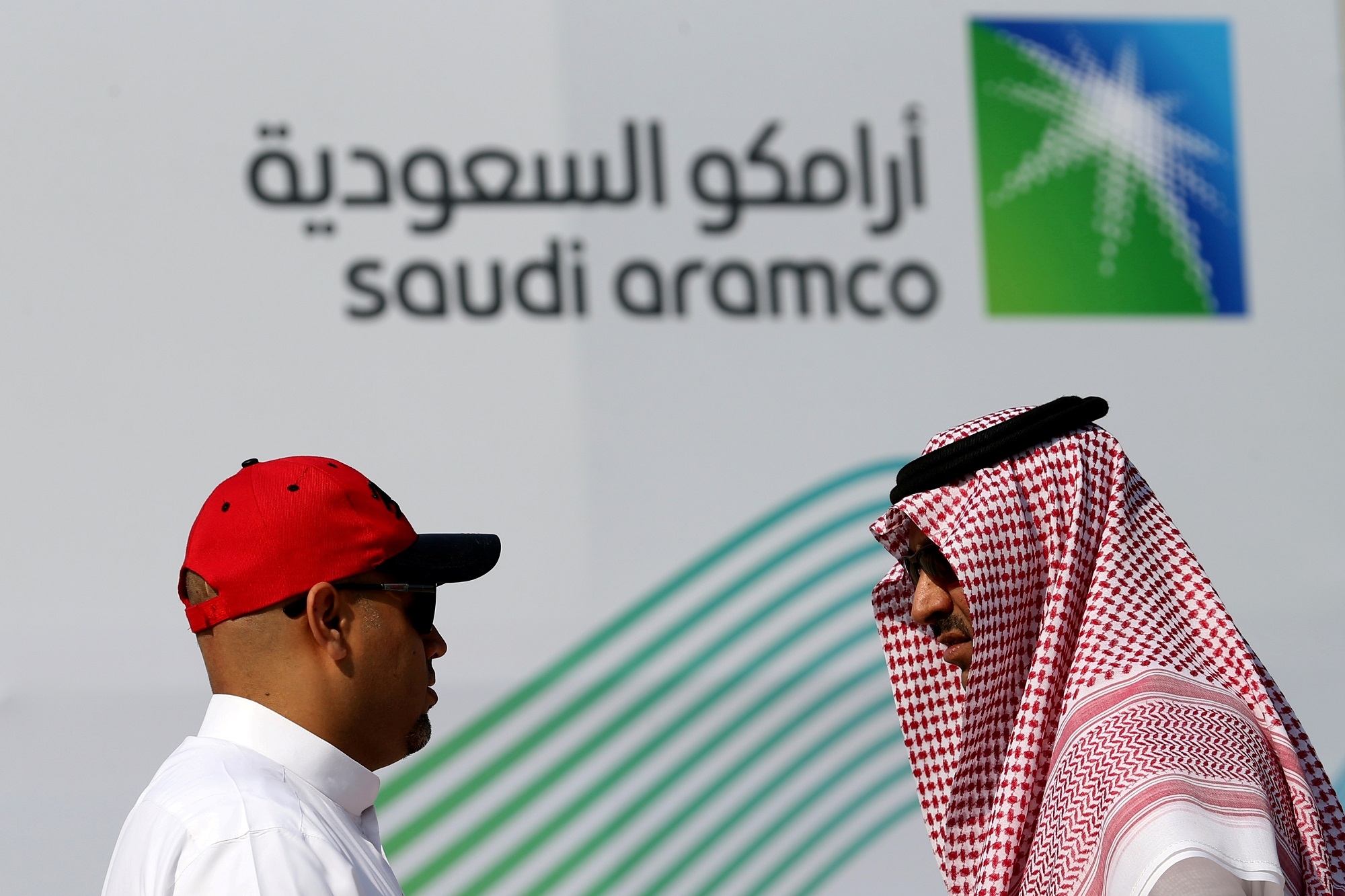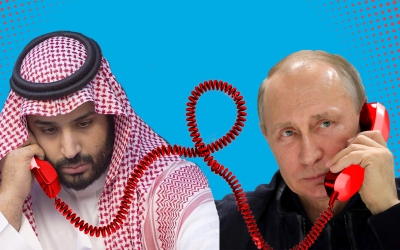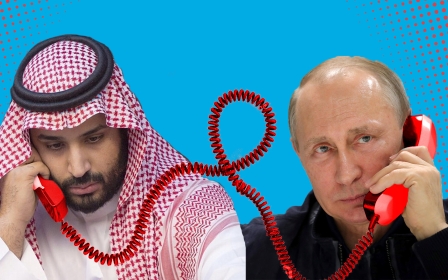Coronavirus: Saudi Arabia forced to boost borrowing as oil glut slams virus-hit economy

Saudi Arabia could be forced to borrow around $26bn more this year and will draw down up to $32bn from its reserves to finance a government deficit caused by lower oil prices and the coronavirus crisis, the Saudi finance minister has said.
Riyadh will also look to lower spending further, after having announced a nearly five percent cut in the state’s 2020 budget in March, Finance Minister Mohammed al-Jadaan said during a news conference on Wednesday.
“We are currently studying additional measures to reduce spending. Expenses related to travel, events and other activities as well as projects put on hold will lead to some savings,” said Jadaan.
The minister said last month that the budget deficit could widen to a maximum of seven to nine percent of GDP by the end of the year, from an earlier projection of 6.4 per cent.
Saudi Arabia, which had registered 12,772 coronavirus cases as of Wednesday, expects the crisis to last for a few more months, but the impact on its first-quarter revenue, which will be announced in the coming days, will be limited, Jadaan said.
Riyadh last month raised its debt ceiling to 50 percent of GDP from a previous 30 percent to finance a widening deficit caused by lower oil prices and the economic downturn caused by the pandemic.
This month it borrowed $7bn in the dollar debt markets.
It plans to cover most of its expected deficit through borrowing, which it estimates will reach a total of around $58bn this year.
Oil production cuts pledged by Saudi Arabia under a recent pact with international producers could wipe tens of billions of dollars from state revenues this year, analysts have said.
'Private sector is our main concern'
Saudi Arabia will announce before the end of June decisions on potential new measures to prop up its economy, Jaddan said.
Riyadh last month announced emergency stimulus measures worth more than $32bn and more measures followed to protect private sector workers and deter companies from laying off staff.
Jadaan stressed the importance of protecting the private sector - a crucial element of reforms Saudi Arabia’s Crown Prince Mohammed bin Salman launched over the past few years to diversify the Saudi economy.
“The health of the private sector is our main concern, we will support it to get over this crisis,” said the minister, adding however that he expects the non-oil private sector part of the economy to contract this year for the first time.
Earlier this month, King Salman decreed that the state would pay 60 percent of salaries during the coronavirus shutdown.
However, Middle East Eye reported on Wednesday that employees of the kingdom’s biggest telecoms company STC were only getting 10 percent of their salaries, because the government was not paying STC the money for the furloughed staff.
This week’s plunge in oil prices, with US crude oil futures collapsing below $0 on a coronavirus-induced supply glut on Monday, has put pressure on the Saudi currency, which fell in the forwards market.
Saudi Arabia has foreign exchange reserves of around $499bn, down from $732bn when Salman became king on 23 January 2015.
Middle East Eye propose une couverture et une analyse indépendantes et incomparables du Moyen-Orient, de l’Afrique du Nord et d’autres régions du monde. Pour en savoir plus sur la reprise de ce contenu et les frais qui s’appliquent, veuillez remplir ce formulaire [en anglais]. Pour en savoir plus sur MEE, cliquez ici [en anglais].






